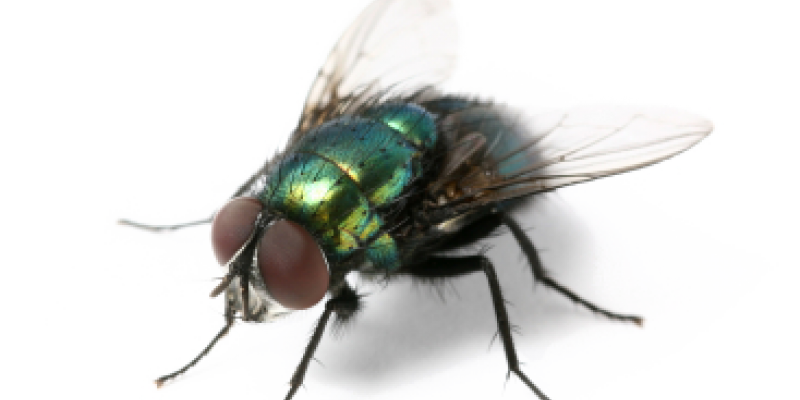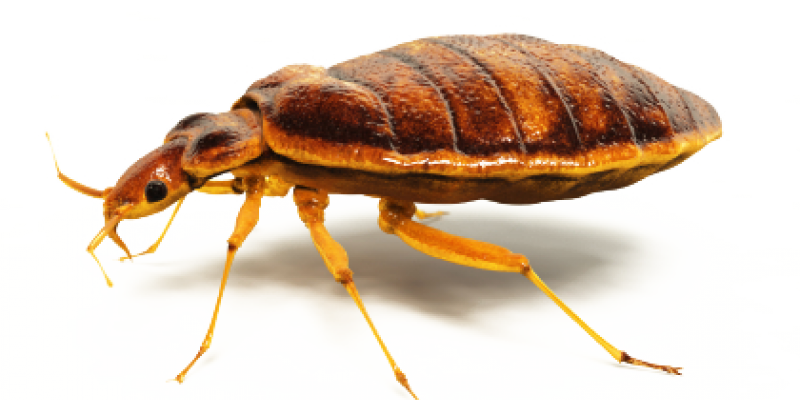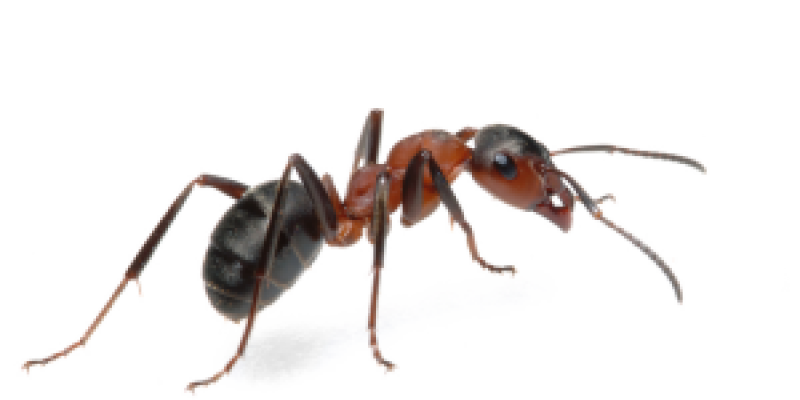The Cicadas Are Here! Six Things You Should Know About the 17-Year Cicada
If you go outside in the DC area, you’ll see hundreds, if not thousands, of bugs crawling out of dime-sized holes in the ground after 17 years in the soil. Now that the average soil temperature has reached more than 64 degrees, these cicadas have emerged in full force and will mate and die over the course of four to six weeks. Most Americans see a handful of cicadas in their yards every summer, but an emergence like this will be massive in comparison.
Brood X (with the “X” spoken as “ten”) has emerged in extremely large numbers already. Some estimate that more than a million cicadas will surface per acre! Comprising three different species of cicadas, Brood X will emerge in several states on the east coast, including Maryland, Virginia and Washington, D.C.
You’ll know Brood X cicadas by their red-and-black color and inch-long, winged bodies. The annual varieties you see every summer only live for three or four years, while periodical cicadas have 17-year lifecycles. They spend almost all those years burrowed as much as 2 feet underground to escape predators. If you think you saw cicadas four years ago, you probably did because some species of periodical cicadas emerge every 13 years.
How Periodical Cicadas Emerge
According to the Penn State College of Agricultural Sciences, periodical cicadas emerge in broods. You may remember warnings of mass emergences in recent years. A different brood surfaces almost every year, each centered in a different area of the eastern U.S. Once out of the ground, cicada nymphs mature, lay the eggs that will become the next generation, then die.
Here are six things you should know about Cicadas:
- Why do they come out every 17 years? If the 1-million-per-acre figure frightens you, that’s kind of the point. There’s strength in numbers. Periodical cicadas come out as one large, overwhelming brood so no individual is targeted by predators. That way, the maximum number of cicadas can reproduce.
- Are they harmful? The short answer is no. According to the University of Maryland College of Agriculture and Natural Resources, cicadas aren’t a threat to people or pets. They don’t bite or sting, aren’t venomous and won’t infest your house. The only damage they do cause is to young trees during the egg-laying process.
- Why are they so loud? Before you see the cicadas, you’ll probably hear them. To attract mates, males will perch on trees and make that loud buzzing or droning sound. Cicada mating calls are a common noise every summer, but expect the song to be much louder this year.
- Is there a way to track Cicada sightings? You can use the Cicada Safari app created by Mount St. Joseph University to keep tabs on cicada emergence in your area. The app is a crowd-sourced live map of cicada populations. If you see cicadas, you can snap pictures and contribute to the app’s map.
- How do they affect trees? Cicadas can be harmful to young trees, as mentioned, so you should wait to plant trees. The reason is that cicadas split open small tree branches and lay their eggs in them. This can cause a lot of thin twigs to die off. According to the Penn State College of Agricultural Sciences, this isn’t a big deal for healthy adult trees; they’ll survive some cicada eggs, though they may look uglier than usual. Young trees, however, are at risk. If most of a tree’s branches are the right size for cicadas to lay their eggs — usually one-quarter to one-half inch in diameter — they could be severely impacted by the emergence of periodical cicadas. For that reason, hold off on planting trees until after the cicadas have gone. In the future, try not to plant trees in the six months before a large cicada emergence.
Covering younger trees with fine netting or cheesecloth can protect them from this onslaught of egg-laying insects. Trees under 10 feet tall should be wrapped in mesh or netting before cicadas emerge. You can also try wrapping your tree trunks or large bushes with aluminum foil to deter the cicadas. Some garden stores carry sticky barrier tape, which will trap cicadas before they make it up to the tree limbs. Then, you can knock them off with a garden hose.
- Are they dangerous for pets? Some pets love to eat cicadas. It’s usually fine if your dog or cat chows down on a few of them, but according to the American Kennel Club, you should be quick to cut them off. The insects’ hard exoskeletons can be difficult for animals to digest. Eating too many of them can cause an upset stomach, abdominal pain, vomiting and other complications that may require a trip to the vet.
Cicadas Attract Other Pests
As mentioned in our previous blog about cicadas, they attract rodents and other pests who see them as a snack or even a meal! If you have a pest problem in your home or want to take proactive action, we can help! At 247 Local Pest Control, our trained professionals will analyze your pest control needs and come up with a personalized plan for your household. Our team of expert technicians will provide a free inspection and work to create a plan to eliminate your pests. At 247 Local Pest Control, we help homeowners just like you get rid of pests in their homes all year round. If you find that you are having a problem with insects or pests, and need an exterminator, call 247 Local Pest Control at (833) 220-1001 to schedule a professional evaluation. We can help you get rid of these invaders in your home or office!

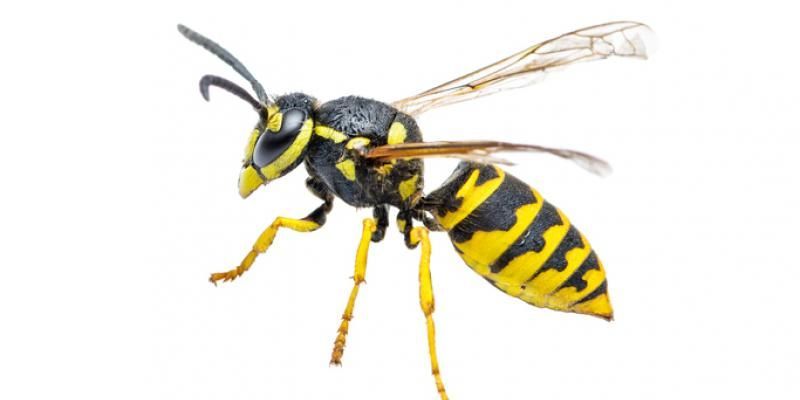


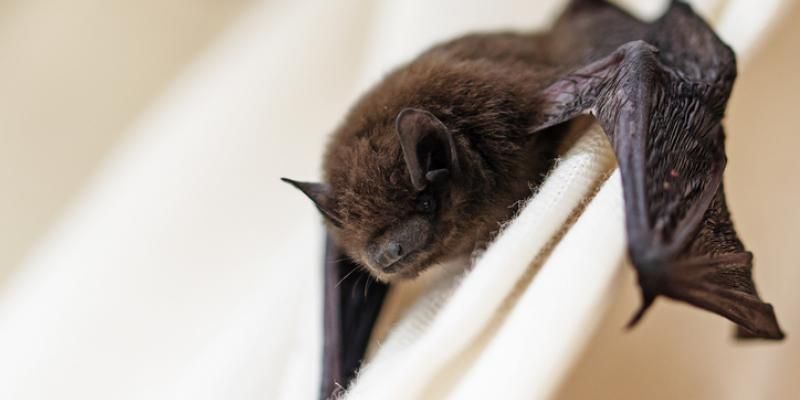
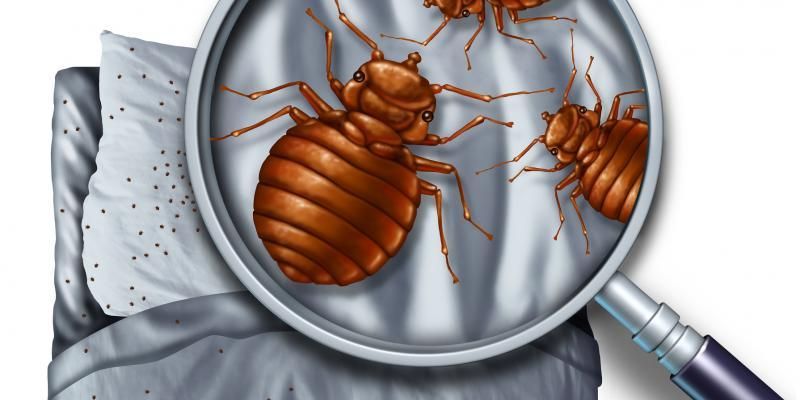
247localpestcontrol.com is a referral service that connects you with pest control service providers in your area. All pest control providers are operated independently of 247localpestcontrol.com. It is the responsibility of each user to verify that the pest control provider connected with meets all licensing and insurance requirements in that jurisdiction.
The photos on the 247localpestcontrol.com website are for design purposes only and do not represent the actual pest control services provided in your area.
Please note that pest control services may not be available in all areas, and when available, the services may vary depending on the providers available. 247localpestcontrol.com does not guarantee the availability of any specific pest control service or provider in your area.
It is recommended that you thoroughly research and vet any pest control service provider before hiring them to ensure that they meet your specific needs and requirements. 247localpestcontrol.com is not responsible for any issues or damages resulting from the services provided by any pest control service provider connected through our referral service.

